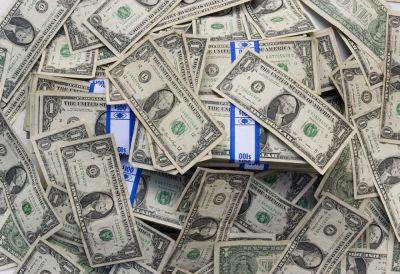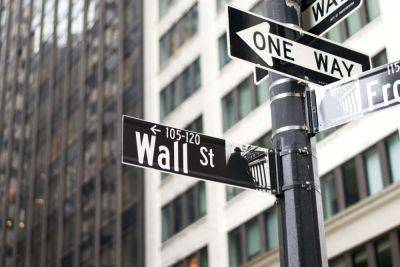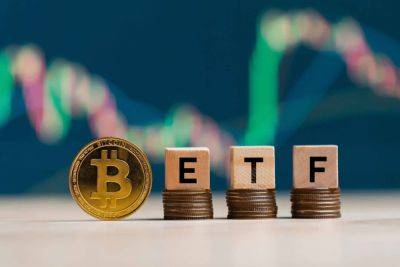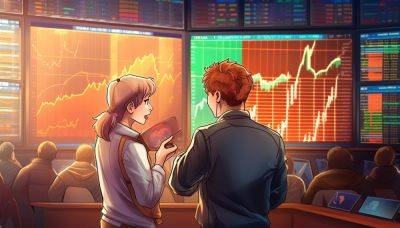Having too many options can paralyze investors. Here's how you can overcome 'choice overload'
Humans like choice. Indeed, it's a bedrock principle of autonomy and freedom.
But when it comes to investing, having too many choices can be bad.
«Most likely, it will hurt you rather than help you,» said Philip Chao, a certified financial planner and founder of Experiential Wealth, based in Cabin John, Maryland.
The dominant view in economics is that more options are «unambiguously» good.
To that point, a «rich» environment of choice lets consumers «curate an experience tailored to their preferences,» wrote Brian Scholl, chief economist of the U.S. Securities and Exchange Commission Office of the Investor Advocate.
However, in the real world, our experience diverges from this paradigm, he said.
Humans get overwhelmed by too many options, a behavioral finance concept known as «choice overload.»
Often, people — especially those new to something that carries high stakes — are fearful of making a bad choice or regretting their decision, said CFP David Blanchett, head of retirement research for PGIM, an investment manager.
This paradox of choice can have many negative impacts on investors: inertia, or doing nothing; naïve diversification, or spreading money across a little bit of everything; and favoring attention-grabbing investments, wrote Samantha Lamas, senior behavioral researcher at Morningstar.
«These shortcuts can become disastrous mistakes,» she said.
It's not just investing: The choice paradox can extend to things like ice cream flavors and apparel, for example.
Among the early research experiments: buying gourmet jam at an upscale grocery store. According to that 2000 study, by Sheena Iyengar and Mark Lepper, a tasting booth with a large display of exotic jams (24 varieties) received more customer interest than
Read more on cnbc.com



















